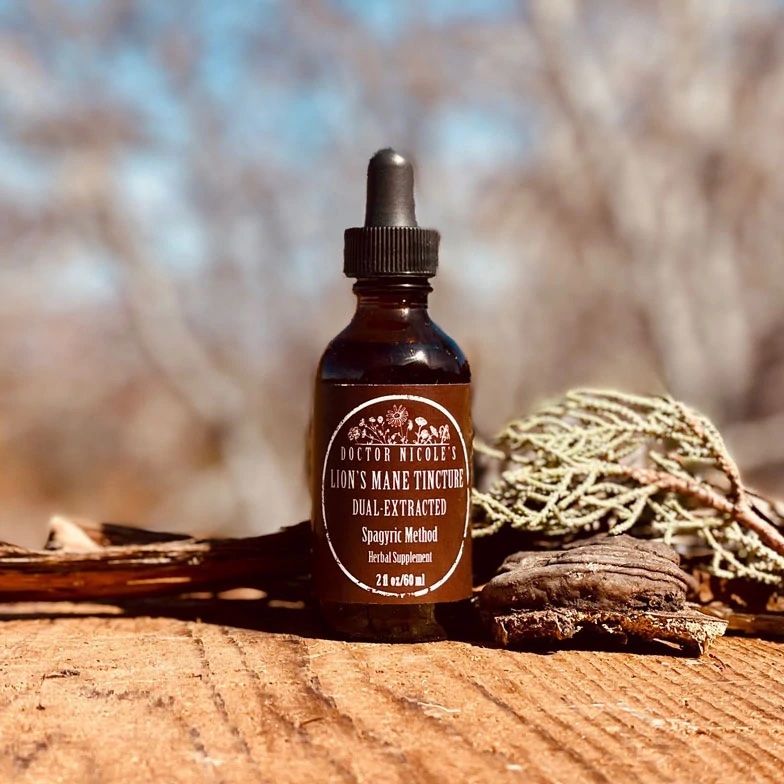An Effective Approach to Reducing Dementia Risk
If you need another reason to embrace strength training, recent research has found that including it twice per week in your exercise routine significantly lowers the risk of dementia and Alzheimer’s. Incredibly, the benefits are long-lasting — six months of strength training has been shown to protect areas of the brain at risk for Alzheimer’s for up to one year afterwards.
This is good news considering that as of 2021, approximately 57 million people globally have been diagnosed with the neurological condition, which not only impacts the patient but also their families and healthcare systems. In this post we will look at the findings of the research, as well as tangible, preventative measures we can take to encourage brain health now and in the future.

Cognitive Health & Weight Training: Key Findings
A study published in the journal GeroScience found that regular weight training may be one of your best options to reduce the risk of dementia.2 Forty-four patients aged 55 or older with mild cognitive impairment were recruited for the experiment. They were then divided into two groups — one participated in a resistance exercise program with moderate to high intensity sessions, twice per week. The control group did not exercise for the duration of the study.
Once concluded, lead researcher Isadora Ribeiro, PhD and her team found that those in the weight training group showed notable improvement in verbal episodic memory and strengthened neurons in areas of the brain that are linked with Alzheimer’s disease, whereas the control group showed signs of worsening cognitive function. Interestingly, five participants in the weight training group were no longer diagnosed with cognitive impairment at the end of the study.
“The fact that we observed changes in white matter integrity indicates that resistance training may directly affect the anatomical structure of neurons, which is essential for efficient communication between brain regions, supporting memory, attention, and overall cognitive function,” says Ribeiro.
She also points out that “[w]eight training can reduce inflammation, improve insulin sensitivity, and increase levels of neurotrophic factors like BDNF (brain-derived neurotrophic factor), which support the growth and survival of neurons. It also improves cardiovascular health and cerebral blood flow, all of which are important for maintaining brain function. These physiological changes contribute to reducing key risk factors for dementia, such as obesity, cardiovascular disease, and diabetes. Additionally, physical exercise stimulates the release of a hormone associated with neuroprotection and improved brain plasticity.”1
That is quite the list of benefits just by simply adding a few days of weight resistance into your schedule each week. You can also embrace a green Mediterranean diet and select herbal remedies to enhance cognitive health and lower your risk of dementia. Here are my favorite medicinal plants for this purpose.
Think Smarter: Powerful Herbs For Brain Health
Cordyceps, reishi, and lion’s mane medicinal mushrooms are at the top of the list as they are neuroprotective, improve brain function, reduce inflammation, and have been shown to reduce symptoms of Alzheimer’s and dementia.3,4,5 These powerful botanicals also help to regulate blood glucose levels and mimic the action of insulin. This is an important consideration as cognitive decline is directly linked with type 2 diabetes and insulin resistance.
Another outstanding herbal option for cognitive health is lemon balm. It protects against oxidative stress; balances blood sugar levels; improves brain function, memory, and clarity; and is known to assist with the symptoms of dementia and Alzheimer’s.
Each of these powerful botanicals is included in my convenient Brain Bundle. Our medicinal mushrooms are dual-extracted and only use the fruiting body for maximum potency. Stop by the apothecary today and explore how these expertly formulated tinctures can support your cognitive well-being and promote long-term brain health!
Nicole Apelian
Nicole’s Apothecary Products in this Post
References
- “Can weight training protect your brain from dementia?” By Corrie Pelc — Fact checked by Jill Seladi-Schulman, Ph.D., April 10, 2025, Medical News Today. https://www.medicalnewstoday.com/articles/can-weight-training-protect-brain-dementia-cognitive-decline
- Ribeiro, I. C., Teixeira, C. V. L., de Resende, T. J. R., de Campos, B. M., Silva, G. B., Uchida, M. C., Magalhães, T. N. C., Pimentel-Silva, L. R., Aventurato, Í. K., Gonçalves, B. C., da Silva, M. C. R., Rizzi, L., Fernandes, G. B. P., Fernandes, P. T., Cendes, F., & Balthazar, M. L. F. (2025). Resistance training protects the hippocampus and precuneus against atrophy and benefits white matter integrity in older adults with mild cognitive impairment. GeroScience, 10.1007/s11357-024-01483-8. Advance online publication. https://doi.org/10.1007/s11357-024-01483-8
- Mori, K., Obara, Y., Moriya, T., Inatomi, S., & Nakahata, N. (2011). Effects of Hericium erinaceus on amyloid β(25-35) peptide-induced learning and memory deficits in mice. Biomedical research (Tokyo, Japan), 32(1), 67–72. https://doi.org/10.2220/biomedres.32.67
- Tsai-Teng, T., Chin-Chu, C., Li-Ya, L., Wan-Ping, C., Chung-Kuang, L., Chien-Chang, S., Chi-Ying, H. F., Chien-Chih, C., & Shiao, Y. J. (2016). Erinacine A-enriched Hericium erinaceus mycelium ameliorates Alzheimer’s disease-related pathologies in APPswe/PS1dE9 transgenic mice. Journal of biomedical science, 23(1), 49. https://doi.org/10.1186/s12929-016-0266-z
- Zhang, J., An, S., Hu, W., Teng, M., Wang, X., Qu, Y., Liu, Y., Yuan, Y., & Wang, D. (2016). The Neuroprotective Properties of Hericium erinaceus in Glutamate-Damaged Differentiated PC12 Cells and an Alzheimer’s Disease Mouse Model. International journal of molecular sciences, 17(11), 1810. https://doi.org/10.3390/ijms17111810










